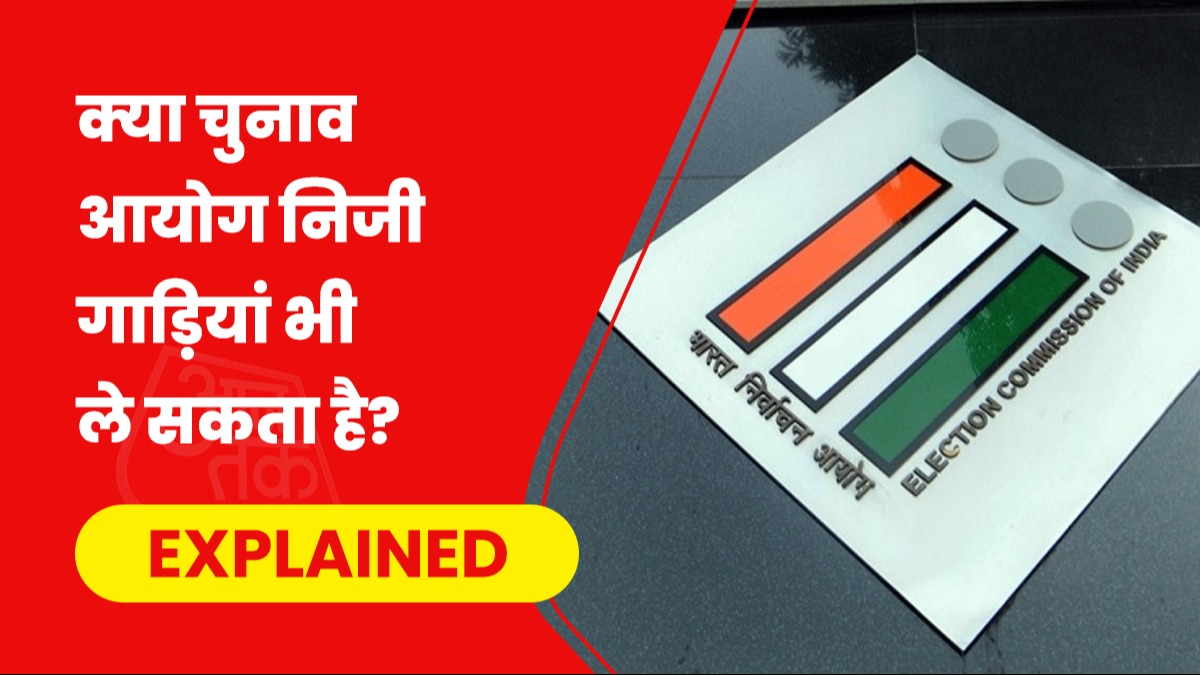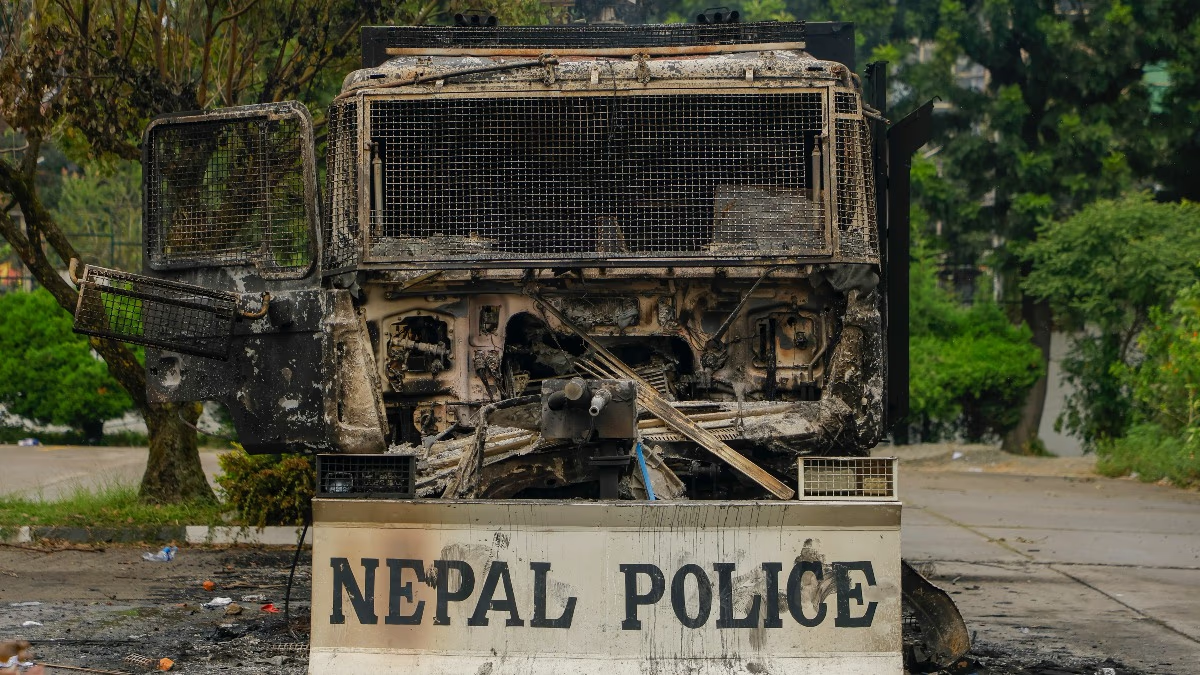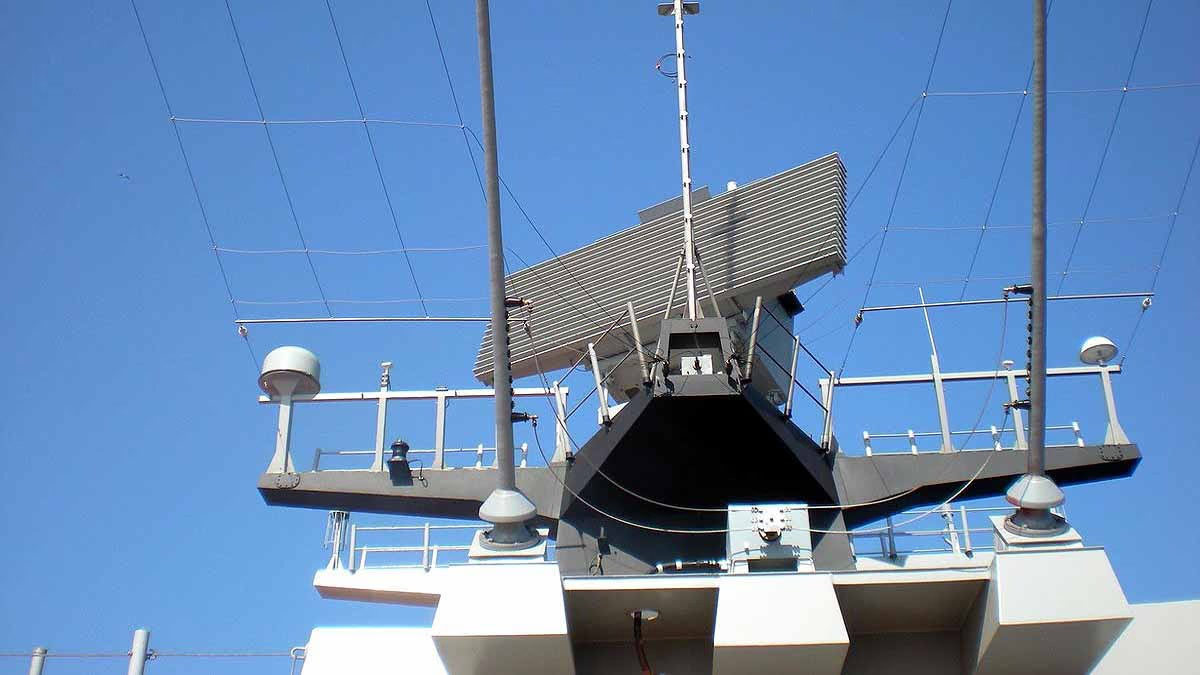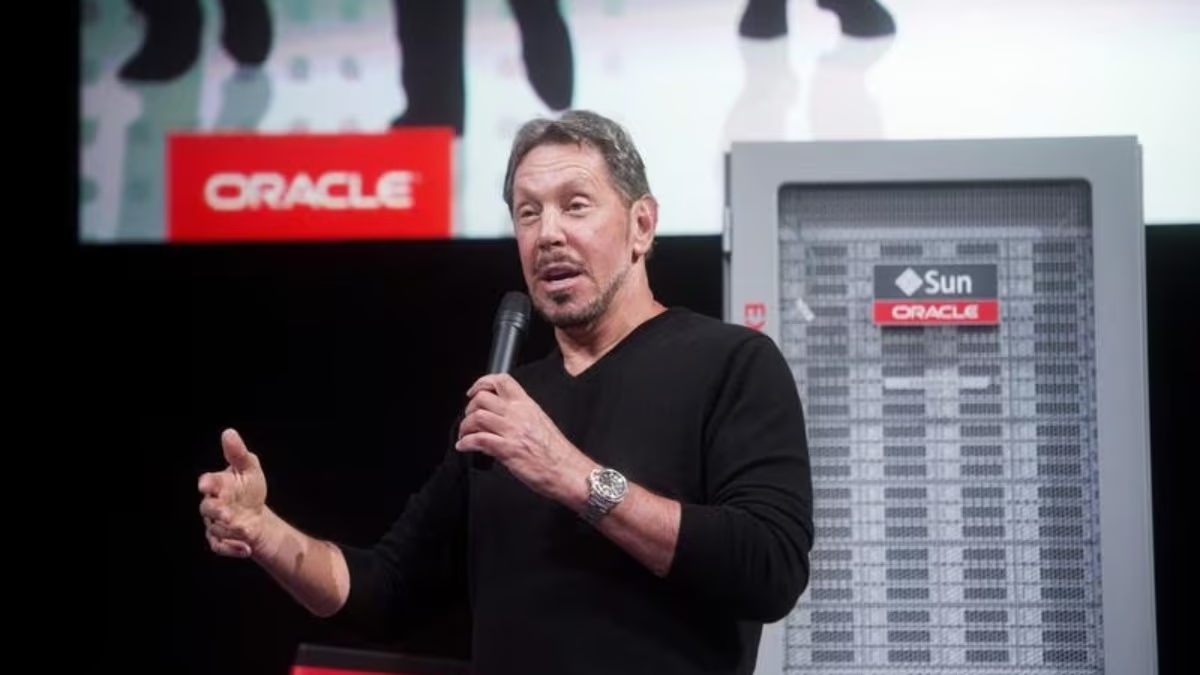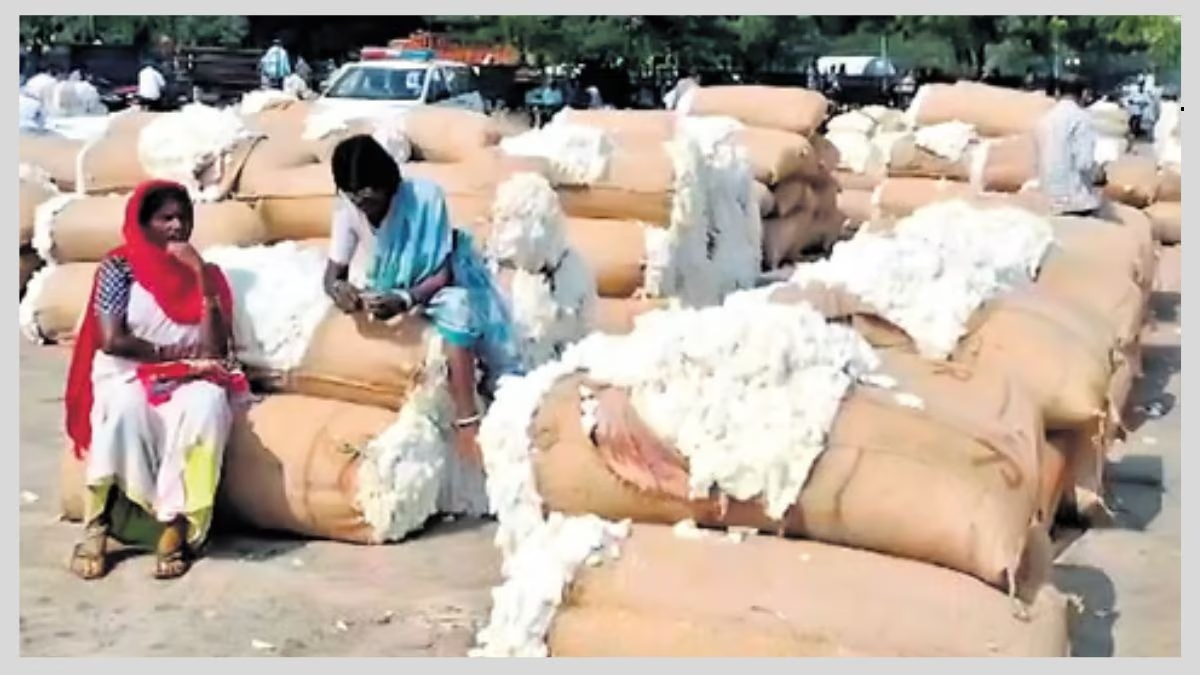The first phase of general elections is set to commence on April 19. The Election Commission is sparing no effort to ensure flawless management on election day. In this process, private vehicle owners are being roped in, stirring a wave of concern. Recently, a city magistrate in Meerut ordered an FIR for a violation of the law when private vehicle owners refused to yield their vehicles for election duty. So, can your personal car be temporarily requisitioned during the election?
Election officers have the authority to call upon private vehicles, along with their drivers, when there is a shortage. A recent notice in Ghaziabad required identified vehicle owners to entrust their vehicles to the Election Officer pharged with transport at the reserve police line. Owners are also responsible for providing necessary covers, such as tarpaulins, for their vehicles if required.
What do car owners get in return?
The district administration provides a rental fee to the vehicle owners for the duration that the vehicle is used. This rent is not arbitrary but is a fixed amount prescribed by the Election Commission. If an owner refuses to provide their vehicle, they may face legal action, as seen in the Meerut incident. There, owners left with their vehicles without notice, causing delays for the flying squad, which monitors potential bribery of voters during elections.
Why are vehicles needed?
During elections, numerous tasks must be managed. Surveillance for transparency and safety is a critical duty. Security forces, flying squads, and other staff and officials on election duty require various types of vehicles, from heavy to light, for transporting ballot boxes and other election materials.
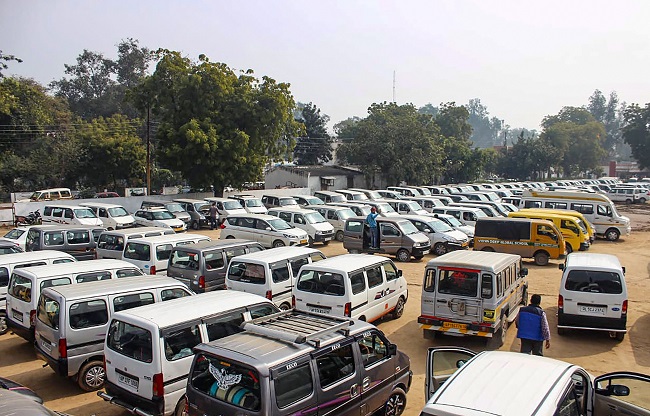
Source: aajtak
How are vehicle owners informed?
Vehicle owners are notified well in advance by mail, including details about where to deposit the vehicle, and the duration needed. Subsequent notices are also issued to ensure that vehicles are submitted by the specified date.
Which government rule allows this?
The Representation of the People Act 1951, under Section 160, mentions this provision. It states that the government, not the political parties contesting the elections, can demand such requisitions. The administration may also demand premises along with vehicles to maintain arrangements during elections. However, this can only be done via written orders, and not verbally.
When can vehicles not be requisitioned?
Section 160 also specifies circumstances under which the administration cannot demand a vehicle. For instance, if a candidate or party is already using the vehicle legally. Requisition is also not allowed if the vehicle is essential for the owner's routine life due to reasons such as having only one vehicle for household work or when there is a critically ill patient at home. However, proper documentation must be provided to substantiate such claims.
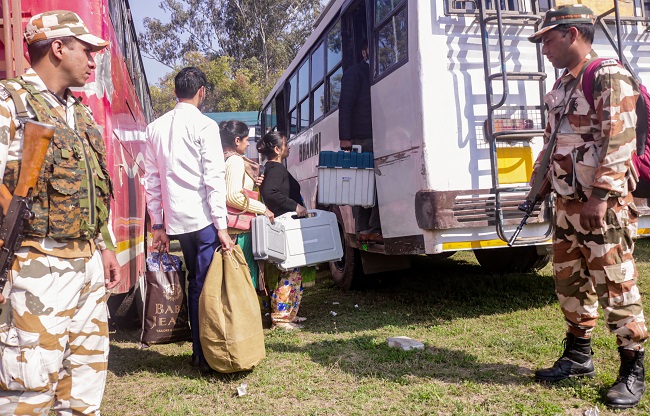
Source: aajtak
You can also refuse...
While the administration tries to fulfill its needs with government or commercial vehicles first, private vehicles may be considered when these are insufficient. The law dictates that one must comply with the government order to provide vehicles for election purposes. Nonetheless, if there are valid reasons, you can refuse. For example, if there's only one vehicle available for someone's livelihood or a critical patient at home requiring the vehicle, refusal is permissible, but proof must be presented. A mere verbal refusal is insufficient. Vehicle owners must contact the district election office and express how the absence of the vehicle will impact their daily life. It is also the practice of the administration to avoid requisitioning the only vehicle of a household for election duty if possible.
Vehicle owners are obliged to arrange for the necessary paperwork, covers like tarpaulins, and sometimes even provide drivers. In return, they receive an agreed rental payment, which is typically transferred to their account within roughly a month after the vehicle is returned.
